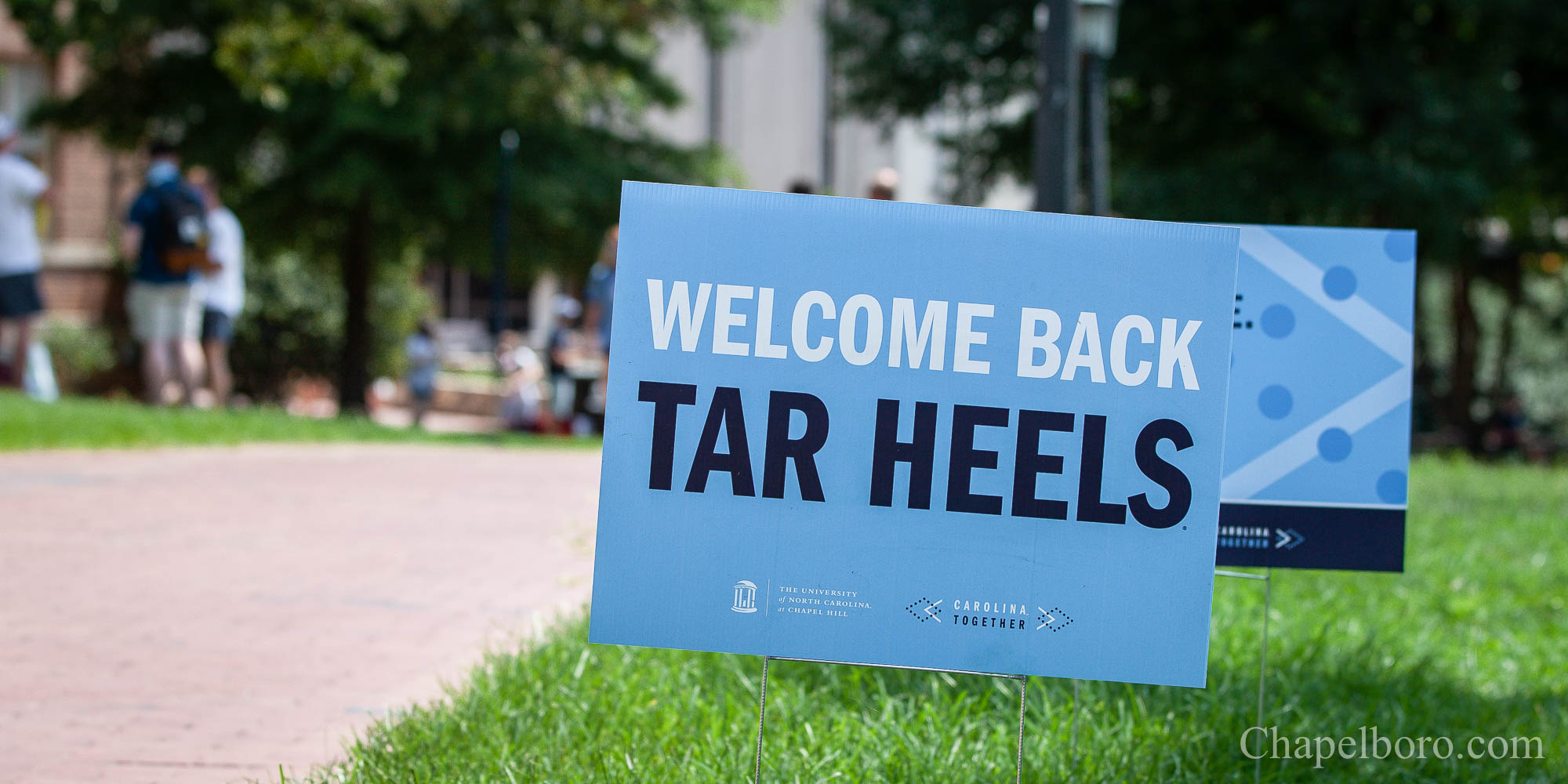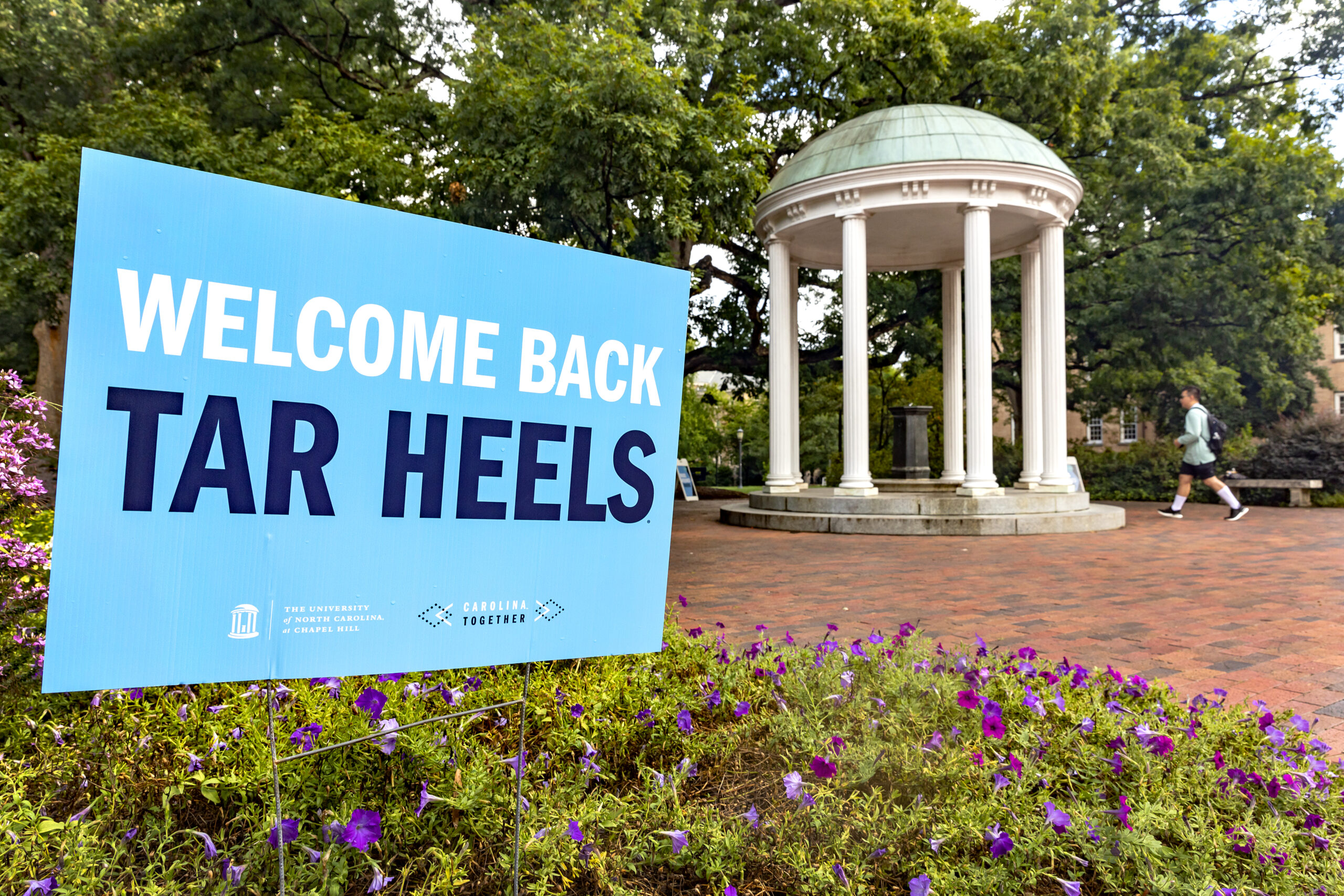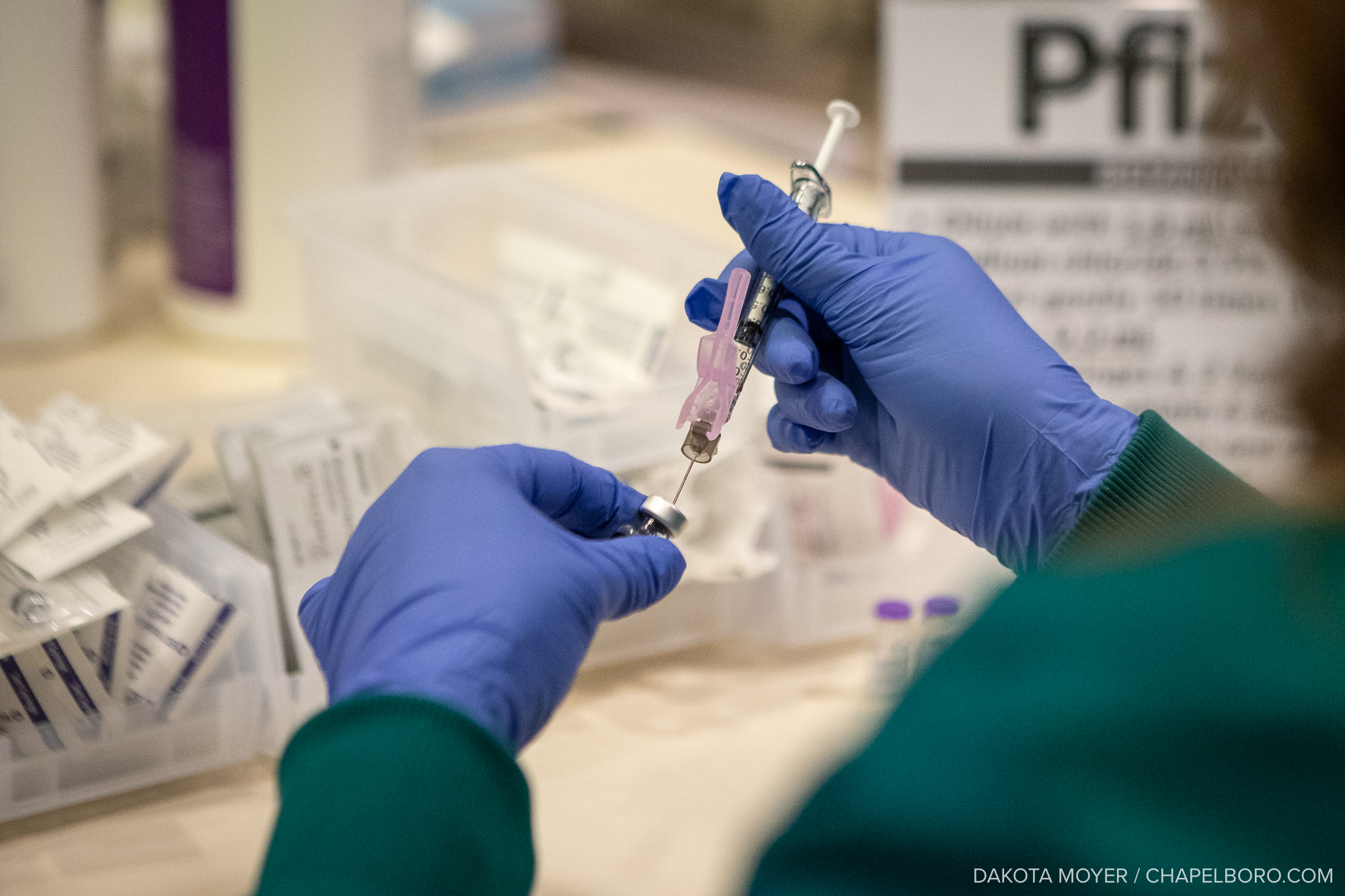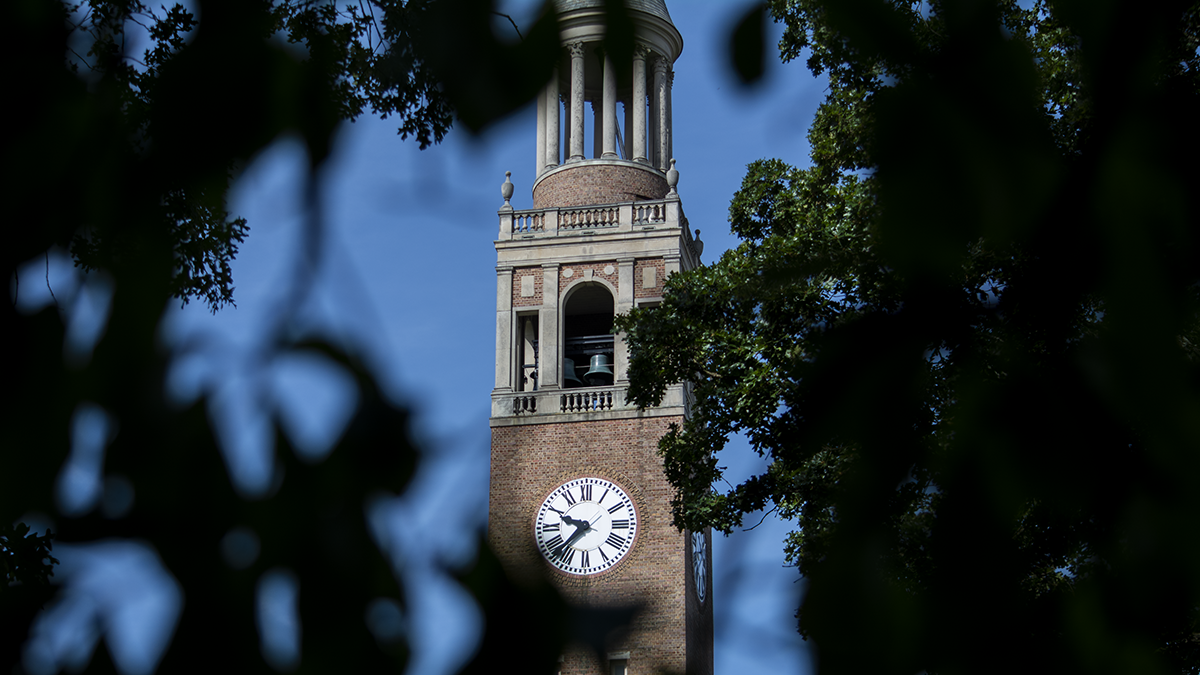As many UNC students began the semester remotely, and even more transitioned to the method halfway through August, the university has been working to help. Students have received more than $12 million in special aid from UNC since the summer and the need continues into the fall.
According to Director of the Office of Scholarships and Student Aid Rachelle Feldmen, normally 45 percent of undergraduate students receive some form of need-based financial aid from the university. She said the amount of emergency aid requests caused from the pandemic has led that number to jump.
Since normal financial aid is dependent on tax information from two years before, many students have been seeking alternative ways to ease the various burdens caused by COVID-19.
“For most of these people,” says Feldman, “their 2018 taxes didn’t reflect the pandemic. But we have seen an increase, just in undergraduate need-based aid, of about $15 million over the prior year, which is pretty significant.”
One method aiming to help those needs was established during the spring semester when the coronavirus pandemic began. The Carolina Student Impact Fund takes private donations to help cover various expenses related to the disruption of campus operations.
Feldman says a variety of sources made more than $1 million in contributions since the spring.
“It’s coming from alumni, it’s coming from staff, it’s coming from concerned donors in the community,” Feldman says. “We’ve gotten a little bit of money from student organizations, which is very generous. It’s really members of the public who care about students, their education and taking care of them when something bad happens.”
Another new initiative helping students is the university’s internet supplement aid. Some students came for in-person instruction this fall due to unreliable internet resources at their permanent addresses. With many now returning home, UNC is giving those students $200 to help pay for a solution. The university had budgeted for 2,500 supplements at the start of the semester but were nearly running out until last week. Feldman says her office got funding approved to provide 1,200 more.
“The one thing we didn’t want was for students to be disadvantaged because of the strength of their internet connection or lack of broadband,” says Feldman. “It was really important to us to come up with something we could do to help level the playing field there for students who were studying from home or their apartment.”
Beyond the university’s initiatives to help students, other grassroots programs have started to help in various ways. Facebook groups created to help UNC students pair with Chapel Hill and Carrboro residents have provided financial, emotional and other kinds of support since the move to remote instruction.
Feldman describes these efforts as wonderful and encouraging to see.
“We try to keep our sense of community, we try to take care of students,” she says of the university. “We certainly recognize the concerns and frustration for students that pivoting presents. I think it’s really great to see the whole Carolina community, Chapel Hill and Carrboro community coming together to be supportive.”
Chapelboro.com does not charge subscription fees. You can support local journalism and our mission to serve the community. Contribute today – every single dollar matters.
Related Stories
‹

UNC Details COVID-19 Guidance for Fall Semester; No Re-Entry Testing RequiredWith the start of a new academic year just weeks away, UNC leadership shared the latest round of COVID-19 guidance for the campus community on Friday. A release from UNC Chancellor Kevin Guskiewicz, Provost Chris Clemens and Lead Physician Dr. Amir Barzin outlined suggestions and changes for students ahead of their return to campus in […]

UNC Shares Details on Students' Required COVID-19 Test Ahead of Spring SemesterAs the spring semester approaches in Chapel Hill, UNC is sharing information on what COVID-19 testing requirements students must meet before returning to campus. On its Carolina Together website, the university shared Prior to Arrival testing protocols for all undergraduate students enrolled for classes who will either live on campus, live in the surrounding towns, […]

UNC Confirms Student Death in Residence Hall 1 Week Before Classes EndedWhile the UNC campus community is celebrating its last day of classes on Friday, details are emerging of a tragedy that took place one week before. A student death was reported in Thomas Ruffin Jr. Residence Hall on the morning of Friday, April 21, according to UNC Police’s crime log. WRAL first reported the student […]

Orange County Ends COVID-19 Testing Services After Nearly 3 YearsAfter nearly three years of offering PCR tests for COVID-19, the Orange County Health Department has officially halted its testing services.

Top Stories of 2021: The Return to In-Person Learning and its Mental TollTo reflect on the year, Chapelboro.com is re-publishing some of the top stories that impacted and defined our community’s experience in 2021. These stories and topics affected Chapel Hill, Carrboro and the rest of our region. After more than a year of virtual learning, students of all ages returned to the classroom this year. Orange […]

UNC to Automatically Register Employees for the COVID-19 VaccineWith the news that all frontline essential workers are eligible for the COVID-19 vaccine beginning on Wednesday, March 3, UNC is communicating plans on how it will affect university employees. Group 3 includes “college and university instructors and support staff” as well as other front-line essential workers and researchers, as defined by the North Carolina Department of Health […]

UNC Leadership Says COVID-19 Testing Plans Could Make Spring Semester 'Successful'UNC Chancellor Kevin Guskiewicz shared updates to the Board of Trustees on how students will be tested for COVID-19 when the spring semester begins.

Chatham County To Begin Holding Weekly, Free COVID-19 Testing EventsWeekly coronavirus testing events will soon be coming to the Chatham County community. The Chatham County Public Health Department is partnering with StarMed Healthcare and the state Department of Health and Human Services to host two recurring and free COVID-19 testing events each week. On Mondays, starting October 26, community members can receive either free […]

Chatham County to Hold Free COVID-19 Testing Event at Northwood HighThe Chatham County community will have an additional way to be tested for the coronavirus on Thursday. The Chatham County Health Department alerted the community to a free testing event scheduled for 10 a.m. to 2 p.m. at Northwood High School near Pittsboro. One of many similar testing events put on by local governments and […]

UNC Providing Emergency Aid, Internet Supplements to Students Amid Remote SemesterAs many UNC students began the semester remotely, and even more transitioned to the method halfway through August, the university has been working to help. Students have received more than $12 million in special aid from UNC since the summer and the need continues into the fall. According to Director of the Office of Scholarships […]
›












